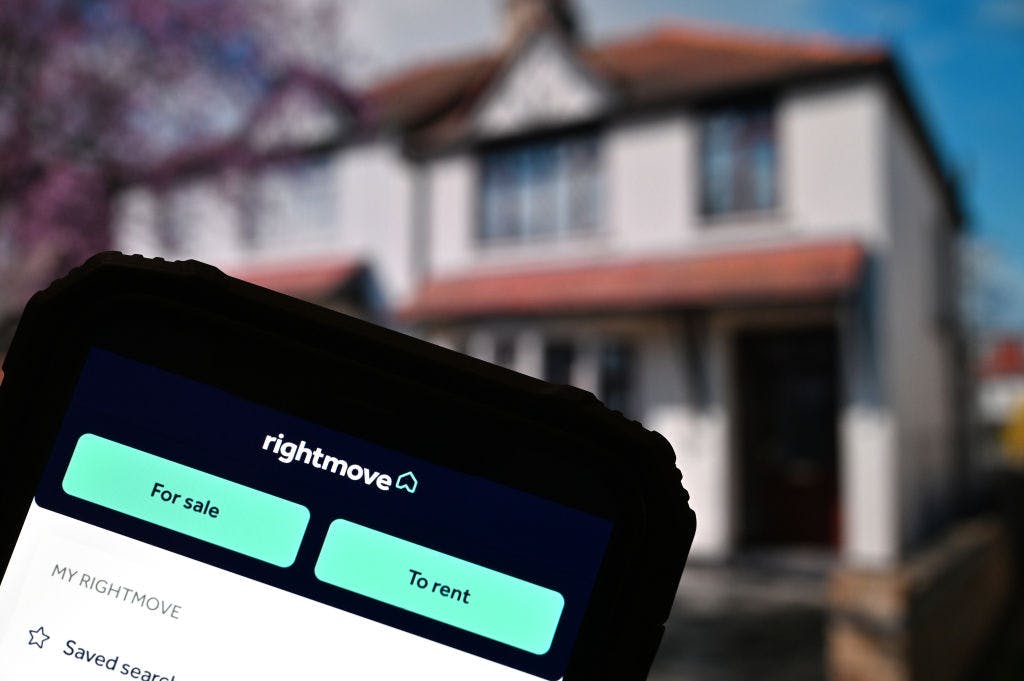Rightmove, the British equivalent of Zillow, is wildly profitable
Which is why Rupert Murdoch-backed REA Group wants to acquire it so badly, making its 4th offer after 3 rejections
The UK’s largest online property portal, Rightmove, has now turned down three acquisition offers from the Murdoch-owned REA Group and, as of this morning, has just received a fourth. The latest bid values the company at £6.2 billion ($8.7 billion) — roughly an 11% bump on the initial offer first received on September 11th, per Bloomberg.
While Rightmove might not be a household name for Americans, most would be familiar with what it offers: a platform for realtors to list properties, where would-be buyers can browse to their heart’s content, like Zillow or its rivals such as Realtor.com or Redfin. But, despite similar products, Zillow and Rightmove’s financials are wildly different.
Although Zillow's cumulative revenue of $15 billion over the past decade-and-a-half greatly exceeds Rightmove's £3.2 billion ($4.3 billion), the British company has something else to show for its efforts: billions in profit. Indeed, Rightmove is a cash-producing machine, whereas Zillow has racked up loss after loss since going public in 2011. Last year, the UK company reported a staggering 55% net profit margin and an even more remarkable 71% underlying operating profit margin.
So, how is Rightmove so profitable, and Zillow so unprofitable.
Arguably the main factor is simply that Zillow has a lot more competition, while Rightmove is highly dominant in the UK, with an estimated market share of some 80%, helping it keep both the largest audience and the most listings, in a virtuous circle. It does this with just ~800 employees. Australian-based REA Group is also highly profitable.
Zillow, however, faces more substantial competition, and because of the sheer size of the US, the market is naturally a bit more regional. According to data from Similarweb, Zillow’s website got 357 million visits in August 2024. Realtor.com got 139 million and Redfin.com got 105 million.
Of course, the fact that Zillow’s home flipping project, which attempted to use data to buy houses, failed miserably and cost the company hundreds of millions of dollars hasn’t helped its bottom line.
